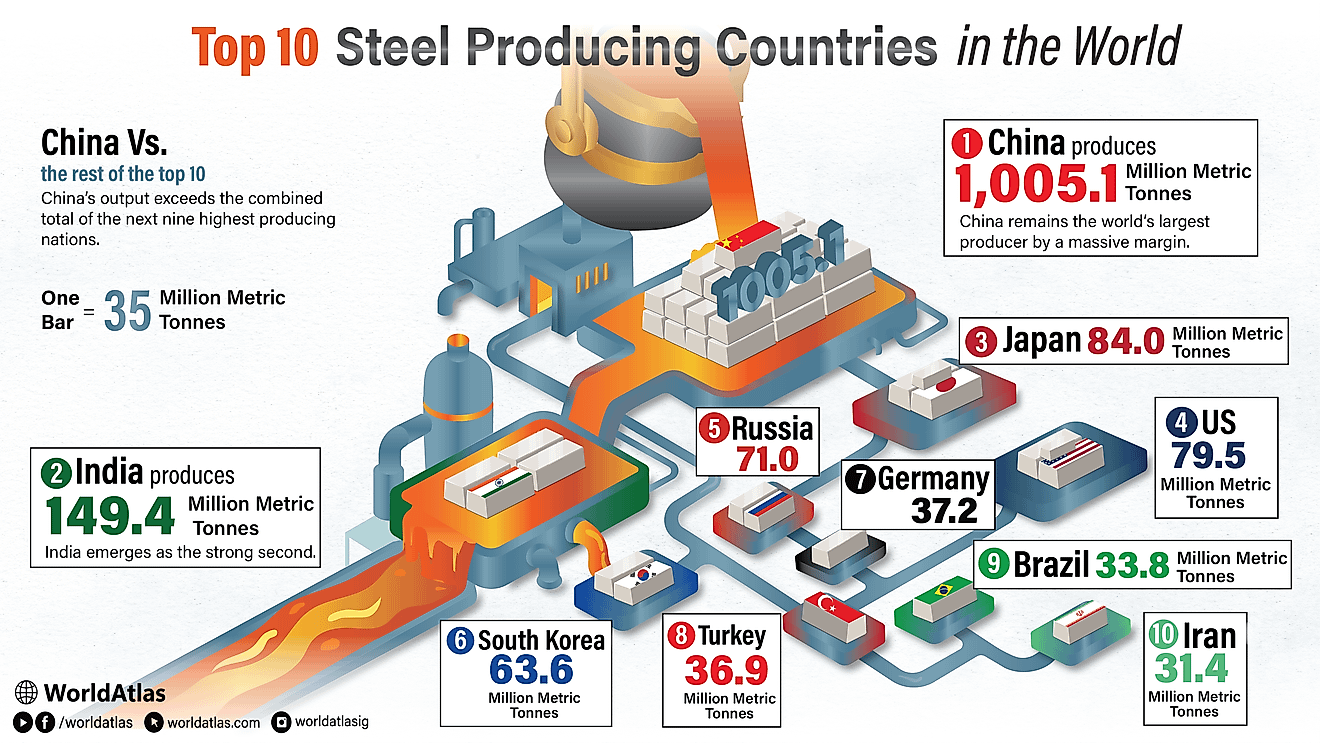What Does Comparative Economic Systems Mean?

Comparative Economic Systems Defined
Comparative economic systems is the study of different types of economic approaches. It analyzes the specific structure in which an economic approach is employed. Additionally, comparative economic systems allows researchers to determine how the institutional structure and the economic principles of a particular economy work together to create results. By utilizing comparative economic systems, researchers are able to identify similarities, differences, and problems and their solutions that of specific economy types. Essentially, it provides a real understanding of how economic systems actually function.
Basic Types of Economic Systems
Economists have defined three generally accepted economic types, namely traditional, market, and command. In traditional economic systems, sometimes referred to as developing economies, societies produce economic goods in the same way as past generations. For example, an agricultural worker of today plants and harvests crops in the same way as their grandparents. Oftentimes, the way a person earns a living is also the same as their parents and grandparents. In market economic systems, private ownership leads to goods and service production. Supply and demand influence economic growth and direction. In other words, buyers and sellers influence prices and type of economic production. In command economic systems, the government controls the production of economic goods and services. Under this system, people are not free to open any business they want and supply and demand are created and controlled by the government. In some cases, the government may decide how the labor force will use its skills.
History and Development of the Discipline
This discipline has its roots in the Russian Revolution of 1917 through 1918, the aftermath of which was later studied by Calvin B. Hoover, who published his findings in The Economic Life of Soviet Russia in 1931. Hoover went on to study the economy of Germany, where he watched the rise of the Nazi movement, and published another book entitled Germany Enters the Third Reich. During his career, he studied the economies of Sweden, Norway, Denmark, Poland, France, Australia, Italy, and Czechoslovakia. Hoover is widely accepted as the founder of comparative economic systems.
During the post-World War II Cold War era, comparative economic systems began to largely focus on comparisons between socialist and capitalist markets, and the advantages and disadvantages of each. After 1989 and the fall of communism, comparative economic systems began focusing on economies in transition between communism and capitalism.
Practical Use of Comparative Economic Systems
Today, comparative economic systems has practical relevance in helping us to understanding the present and future of the world. By comparing economies, scholars can learn more than simply the most efficient approaches to economic production. Comparative economics allows us to understand the factors that contribute to quality of life. Studying different economic systems answers questions regarding how literacy, fertility, life expectancy, and poverty might influence the labor force. Factors such as electricity, transportation, communication, and the biggest employment sectors now provide information regarding a country’s level of industrialization and potential for economic development. It can also be applied to public and private institutions within a specific economy in order to understand their influence over politics, property rights, dispute resolution, wealth distribution, and the availability of credit. Comparative economic systems continues to be an important field of study and one that can contribute to decisions pertinent to resource allocation, housing, and customs.











